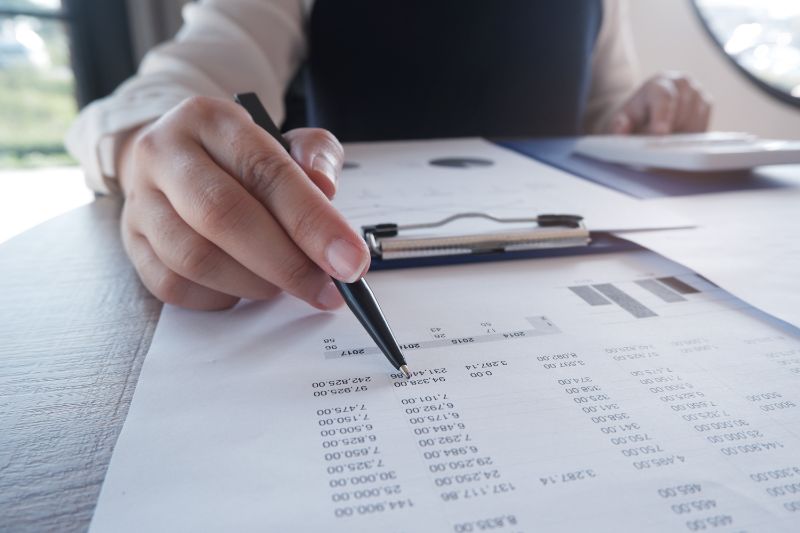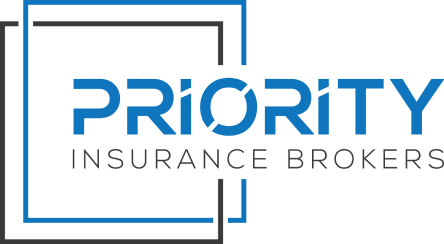Public Liability Insurance is a crucial aspect of business protection that offers financial coverage in case a third party claims to have suffered injury or property damage due to your business operations. This insurance safeguards your business interests by paying for legal expenses, compensation, and other associated costs. However, the actual cost of acquiring a public liability insurance policy can vary with several factors. In this blog, we will answer the all important question of ‘how much is public liability insurance for a small business?’
provide a comprehensive guide to help you understand this critical business coverage option and how much it costs.
Understanding Public Liability Insurance
Public Liability Insurance is a type of insurance policy that covers businesses for legal costs and compensation payments. This coverage protects against liabilities that arise due to injuries or accidents to third parties during business operations. These events could include personal injury, property damage, or any other incidents for which your business could be legally liable. Public liability insurance provides peace of mind to businesses by covering the costs associated with such incidents, including legal fees and compensation claims.
The premium for public liability insurance depends on various factors, such as the nature of your business, the industry in which you operate, the size of your company, and the level of coverage required. For small businesses, the cost of public liability insurance is significant, but compared to the potential cost of lawsuits and compensation claims, this insurance is a worthwhile investment.
Why It’s Essential for Small Businesses
Public Liability Insurance is crucial for small businesses as it protects against potential legal costs and compensation claims. Even a minor accident or injury related to business operations could result in a lawsuit, which could result in significant legal fees and compensation payments. Public liability insurance provides financial support to small businesses for such incidents, enabling them to continue business operations without the fear of financial ruin.
Moreover, public liability insurance is an essential requirement for many types of small businesses. For instance, many clients or customers may require contractors or service providers to have public liability insurance before entering into a contract. Furthermore, public liability insurance provides peace of mind to small business owners by knowing they are protected against legal and compensation claims.
Factors Influencing the Cost of Public Liability Insurance

Business Nature and Risks
The cost of public liability insurance for small businesses depends largely on the nature of their business and the amount of risk involved. If your business is involved in high-risk work, such as construction or building work, your liability insurance rates will be higher than those of a small business running an office. The higher the risk, the higher the chances of someone getting hurt on your property. This means a higher chance of a claim being filed. It’s important to speak to an insurer who understands the risks associated with your business and what you need for coverage.
Business Location
The location of your business also plays a factor in the cost of public liability insurance. Some small businesses located in high-risk areas can expect to pay higher insurance rates. For example, a business located in a high-risk flood zone or an area with a high crime rate would have a higher risk of a claim being filed, and their insurance rates would be higher. A business located in an area with low risks would naturally have lower rates.
Claim History
Another important factor that affects the cost of public liability insurance for small businesses is their claim history. Insurance companies consider the history of claims made by a business to calculate their risk of having to pay out a claim in the future. So, if a company has a history of filing multiple claims, then the insurance rate will go up. It’s always best to avoid claiming if there are other options. By reducing the number of claims you file, you will be viewed as a less risky proposition and your rates will be lower.
Business Size
The size of your small business also determines the cost of public liability insurance. Smaller businesses can expect to pay lower insurance rates than larger ones. This is because smaller businesses are less likely to attract as much attention as larger ones. This means that the risk of a claim being filed is lower, hence the lower insurance rates. However, this does not mean that small businesses should ignore liability insurance. The cost of covering a claim can often be so high that many small businesses would not be able to cover it without liability insurance.
Coverage Options
Basic Coverage
Basic public liability insurance coverage is the most affordable policy available. It covers legal fees, medical costs, and compensation claims resulting from accidental injury or property damage to a third party as a result of your business activities. It’s important to note that basic coverage doesn’t cover damage to your own property or cover actions that are intentional or result from criminal activity.
The cost of basic coverage for small businesses varies widely depending on the industry, the size of the business, and the location. Generally, small businesses can expect to pay anywhere from a few hundred to a few thousand dollars per year for basic public liability insurance coverage.
Additional Coverage Options
In addition to basic coverage, there are also several additional options for public liability insurance that small business owners should consider. These options include but are not limited to product liability insurance, and professional indemnity insurance.
Product liability insurance covers any damages or injuries caused by products you manufacture or sell. It’s especially important for businesses selling physical goods. Employer’s liability insurance covers injuries or illnesses caused to employees due to work-related activities. It’s often a legal requirement for businesses that employ staff. Finally, professional indemnity insurance protects against claims of negligence, errors, or omissions that result in financial or reputational loss.
The cost of additional coverage options varies depending on the level of coverage required and the nature of the business. Small business owners should consult with an business insurance broker to determine which additional coverage options are best suited for their business.
Calculating the Cost of Public Liability Insurance

Initial Estimates
To begin the process of calculating the cost of public liability insurance, small business owners should obtain initial estimates from insurance providers. Insurance quotes are the best starting point to get an idea of how much coverage costs. These quotes offer an insight into factors that influence the cost of public liability insurance. For instance, such factors may include the type of business, industry, location, and coverage limit.
In-depth Analysis and Calculation
After gathering insurance quotes, business owners should analyse their coverage requirements and calculate their premiums. To determine the premium, insurance companies consider various factors such as:
Business operations and industry: The nature of your business and industry affects the risk assessment, level of exposure, and probability of claims. For example, an enterprise in construction may need higher coverage levels that cost more.
Location: The physical location of your business can influence public liability insurance costs. A business located in an area with a high number of claims may have higher premiums
Coverage limits: The amount of coverage you select will also impact your premium. A higher coverage limit is typically associated with higher premiums.
Deductibles: The higher the deductible, the lower the overall premium. However, keep in mind that a higher deductible also means that your business is responsible for an increased share of claim costs.
Claims history: Insurance providers look at your claims history as one of the factors in determining premiums. If you have a history of multiple claims, the costs will be higher.
Industry-Specific Considerations
Retail:
For retailers, public liability insurance costs can vary widely depending on factors such as the types of products sold, store location, and size and number of employees. However, higher-risk retail businesses, such as those selling items that could potentially cause harm if used incorrectly, may be subject to higher premiums.
Construction:
For businesses in the construction industry, public liability insurance is especially essential given the inherent risks of the job. In addition to the basic coverage generally required of all small businesses, such as property damage and bodily injury liability, construction companies may also need product liability and contractors’ all-risk insurance. The annual cost of public liability insurance for construction businesses
Healthcare:
For businesses in the healthcare industry, such as medical clinics and hospitals, public liability insurance is equally important. Medical malpractice insurance, which protects against claims of negligence in providing medical treatment, is a specific type of public liability insurance that is required in many states. The cost of public liability insurance for healthcare businesses in Australia can vary widely depending on the specific type of insurance required by the business. For example, healthcare businesses with high-risk procedures and treatments may be subject to significantly higher premiums.
Tips to Minimise the Costs
Risk Mitigation Strategies
The first step in minimising your public liability insurance costs is to mitigate the risks associated with your business operations. There are various strategies for doing so depending on the business type, size, and industry. For instance, reducing the likelihood of accidents by providing safety training to employees and implementing safety protocols. Ensure the facility is well-maintained and appropriately marked with safety signs. Reducing the risk of damage to nearby properties by utilising secure storage methods and conducting regular safety inspections and maintenance. Finally, reducing the risk of injury by providing safe products and services that adhere to industry standards.
Selecting Suitable Policies
After you have minimised your risks, your next step is to determine which policies will best serve your business needs at the lowest cost. Public liability insurance policies differ with insurance companies. Inquire with multiple agents to determine a mutually beneficial agreement that best suits your business’s needs. Compare coverage amount, exclusions and the cost of premiums from different carriers in your area. Identify the insurance needs that are unique to your type of small business and ensure that any policy you purchase is relevant to your business. Don’t forget to check the exclusions list in the policy to ensure that you do not pay for unnecessary coverage.
Increasing the Deductible
Another way to reduce your public liability insurance premium is to increase your deductible. A deductible is the amount of money you are required to pay before the insurance cover comes into effect. The higher your deductible, the less your premium cost would be. Determine how much you can afford to pay in the event of a claim and select an amount that can enable you to significantly lower the premium rate. However, this strategy only works best if it suits your business budget and risk tolerance level. Be sure to calculate any costs incurred with choosing a high deductible and weigh it against the savings from your premium.
Bundling with Other Insurance Policies
If your business has other insurance policies such as property insurance or workers’ compensation insurance, consider bundling your public liability insurance with your other policies. Bundling helps in reducing premiums, and your insurance company may offer discounts for having multiple policies with them. Bundling can be thought of as a bulk purchase and is often associated with lower prices than buying individual policies.
Pay on Time
Most insurance companies offer discounts to policyholders who pay their premiums upfront or on time. Paying on time can significantly reduce the overall cost of your policy over the years. Late payments are not only subject to fees, but they also impact your credit score and relationship with your insurance company. Ensure that you adhere to the payment schedule and know the due dates for your premiums.
Conclusion
In conclusion, public liability insurance is an essential asset for small businesses. It provides a safety net against legal liabilities arising from third-party damage or injury claims. The cost of insurance policies varies with several factors, including business nature, location, claim history, and coverage options. By understanding these factors and shopping around for the best possible coverage and premium deal, small businesses can ensure they have the best public liability insurance policy that suits their organisation’s needs. Read our other blog post to learn more about combating the increase in insurance premiums.
Frequently Asked Questions
What other ways can I save on public liability insurance?
In addition to increasing your deductible and bundling policies, you could also look into special discounts offered by the insurer. Some insurers provide discounts for members of professional associations or maintain a relationship with a credit card provider. Additionally, if you have an excellent safety record at work or practise good risk management, you may be eligible for additional discounts. Additionally, some companies offer rewards for loyal customers, so always keep an eye out for those too. Finally, it is important to shop around and compare quotes from different insurers before deciding on a policy. Doing your research can often help you find the best deal that fits your business’s needs.
How long does public liability insurance cover me for?
Public liability insurance typically covers you against legal liabilities and claims arising from third-party injury or damage to property. The length of coverage depends on the type of policy you have chosen, but most policies are valid for one year after purchase. Some insurers may offer longer-term policies at an additional cost. It is important to read through the policy and ensure that you understand all of the details before signing.
Are there any other types of business insurance I should consider?
Yes, depending on the type of business you have, you may want to think about investing in additional policies such as professional indemnity insurance or property damage insurance. Professional indemnity insurance covers you against any claims that may arise if you or your business are found to be legally liable for professional negligence. Property damage insurance, on the other hand, covers you in case of physical damage to your property or vehicles. There are also specialised policies designed for specific industries such as retail and construction businesses. It is a good idea to do some research and speak with an insurance broker before making any decisions.
Can I get business insurance for my car?
Yes, many insurers offer special policies for businesses that are used to transport goods or services. It is important to make sure your policy covers any drivers who may be using the vehicle for business purposes. Additionally, if you have employees who are using their own vehicles for business activities, it’s worth investing in a commercial auto insurance policy to provide added protection. Be sure to read the fine print of any policy you are considering, as there may be some restrictions on who is covered and what types of claims could be made.







